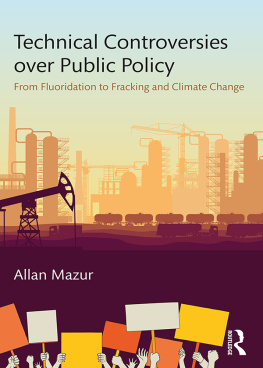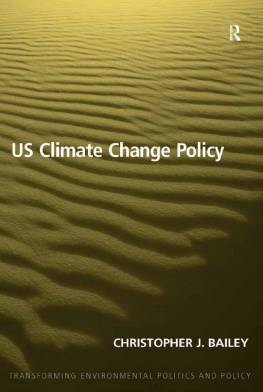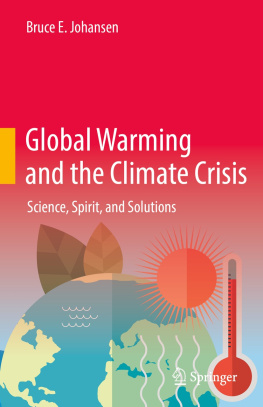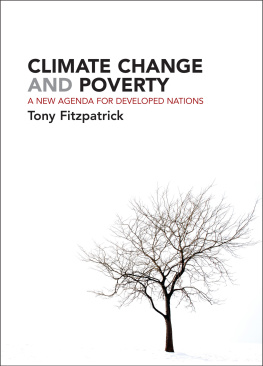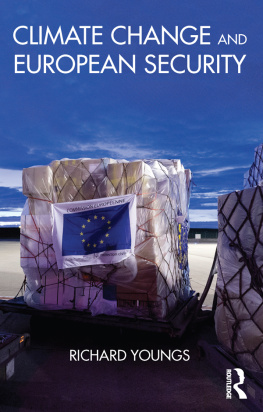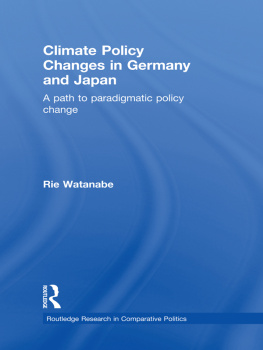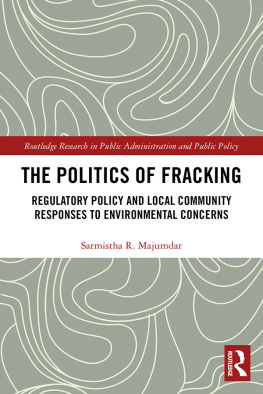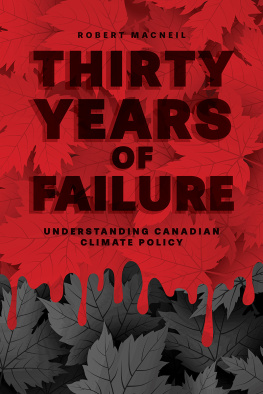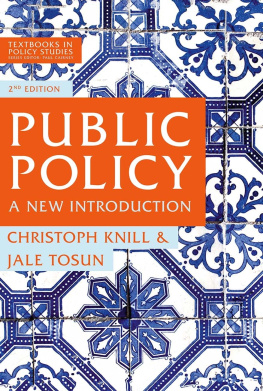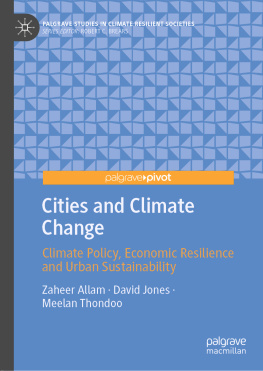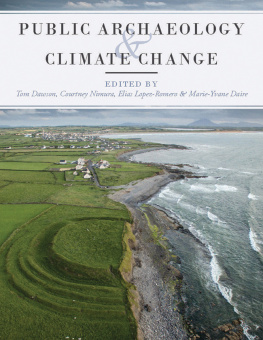TECHNICAL CONTROVERSIES OVER PUBLIC POLICY
Newspapers and TV often report controversial risk warnings over technological innovations, scientific developments, or environmental hazards that have at their core a dispute between experts who contradict one another not only on preferred policy but also on the scientific facts that underlie decisions about public policy. Recent examples are the disputes about climate change, fracking, vaccination and autism, and genetically modified organisms (GMOs). Adversaries mobilize constituents with similar interests or ideologies, form opposing coalitions, and compete for media exposure. They articulate arguments and counterarguments. Facts become malleable, differently appraised by each side. Uncongenial evidence is ignored or discredited. For many adversaries, winning the policy argument is primary; evaluating the true degree of hazard is secondary. How can we determine which sides facts are right and which wrong? Do news media enlighten the public or worsen polarization? Can policymakers deal with controversial science and technology more cogently than they do now?
Allan Mazur is Professor of Public Affairs at the Maxwell School of Syracuse University. He is a fellow of the American Association for the Advancement of Science.
TECHNICAL CONTROVERSIES OVER PUBLIC POLICY
From Fluoridation to Fracking and Climate Change
Allan Mazur
First published 2018
by Routledge
711 Third Avenue, New York, NY 10017
and by Routledge
2 Park Square, Milton Park, Abingdon, Oxon, OX14 4RN
Routledge is an imprint of the Taylor & Francis Group, an informa business
2018 Taylor & Francis
The right of Allan Mazur to be identified as author of this work has been asserted by them in accordance with sections 77 and 78 of the Copyright, Designs and Patents Act 1988.
All rights reserved. No part of this book may be reprinted or reproduced or utilised in any form or by any electronic, mechanical, or other means, now known or hereafter invented, including photocopying and recording, or in any information storage or retrieval system, without permission in writing from the publishers.
Trademark notice: Product or corporate names may be trademarks or registered trademarks, and are used only for identification and explanation without intent to infringe.
Library of Congress Cataloging in Publication Data
A catalog record for this book has been requested
ISBN: 978-1-138-06904-6 (hbk)
ISBN: 978-1-138-10340-5 (pbk)
ISBN: 978-1-315-10275-7 (ebk)
Typeset in Bembo
by diacriTech, chennai
For my descendants, Julie and Rachel,
and theirs, Max, Wren, and Marlo,
and especially to Polly, who gave them to me.
And to John and Matt, who contributed as well.
CONTENTS
PART I
Preliminaries
PART II
The Age of Heroic Engineering and the Age of Technical Controversy
PART III
Facts in Dispute
PART IV
Participants
PART V
Protest Movements
Newspapers and TV often report controversial risk warnings over technological innovations, scientific developments, or environmental hazards that have at their core a dispute between experts who contradict one another not only on preferred policy but also on the scientific facts that underlie decisions about public policy.
I follow Edward Lawless (1977) in limiting my analysis to technical controversies that have crossed the bar of sustained reporting in a nations central news media. For the United States this would be The New York Times or comparably respected organs. There are only a few of these controversies at any one time. Usually they follow a similar path. Adversaries mobilize networks of constituents with similar interests or ideologies, form opposing coalitions, and compete for media exposure. They articulate arguments and counterarguments. Facts become malleable, differently appraised by each side. Uncongenial evidence is ignored or discredited. For many adversaries, winning the policy argument is primary; evaluating the true degree of hazard is secondary.
Several years ago editor Jon Imber suggested that I revise for publication my 1981 book, The Dynamics of Technical Controversy (DTC). It is a comparative study of products or processes of science and technology that had become publically contentious and politically polarized, usually involving notions of risks to health or the environment. Examples that I covered were the disputes over nuclear power plants, fluoridation, the safety of high-voltage electric transmission lines, the ABM (antiballistic missile), and the supersonic transport (SST). At their core were always esoteric disputes between technical experts, inaccessible to laypeople but nonetheless persuasive to one side or the other.
I put off Jons proposal, being fully occupied with teaching and research, much of it still on technical controversies. I return to it here because I recently wrote a background paper for the National Academies of Science, Engineering, and Medicine, essentially a precis of that research, and in the process reread my 1981 book, dated though it was. I am glad to report that little in the book is wrong empirically or theoretically, but it now appears simplistic because today both relevant data and theoretical understanding are far advanced. And we have many new controversies: climate change, fracking, vaccination and autism, genetically modified organisms (GMOs), to name a few. So in one sense, this is a revision of that early work.
In my own mind this is a new book, double the pages, not only updating but extending my treatment from the United States to other industrial nations. It opens with a chapter on the controversy over climate change. There was no hint of a climate dispute in 1981 when DTC was published, but it has similar dynamics to controversies then current.
My intent here is to improve our understanding of technical controversies. I try to approach them as social phenomena that may be studied by the traditional methods of empirical sociology, so that we may know something about the recruitment and motivations of partisans, and the formation of issues, and perhaps even predict the course of events in a mild way. I do not hold a strong position, favoring or opposing one side in most of these technical disputes, avoiding the common bias of regarding one side as good guys and the other as bad guys. I do reject the extreme position of social studies of science that scientific knowledge is simply a social construction, no more valid that any other knowledge claim. To the contrary, I respect and believe in high-quality, authoritative science.
There are other biases that are reflected in this work, however, and these include my beliefs that technical controversies can be functional for our society, that they ought to be handled better than they are currently, and that in order to accomplish this we need to understand them more deeply than we do.
I have little interest in disputes confined to the scientific community; these are intrinsic to the normal operation of science and barely if at all of concern outside that community. Here my objects of study are technical controversies over public policy decisions that have attained prominence in the news. These are like any other political controversy in most ways; however, a few features set them off as a convenient subset. First, a focal point of the dispute is some product or process of science/technology/medicine, often but not necessarily involving risk to health or the environment. Second, some (not all) of the principal participants in the controversy qualify as expert technologists or scientists, and opposing sides disagree over relevant technical questions that are too complex for most laypeople to follow. These opposing sides invariably have political, religious, or other ideological differences, as well as differing on technical matters.


